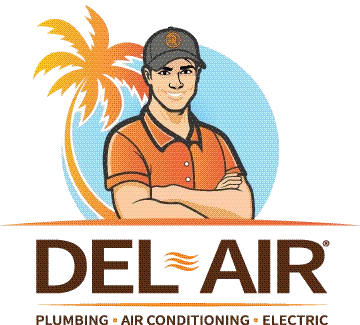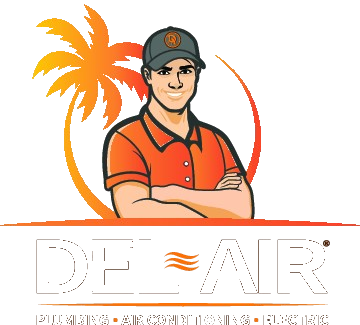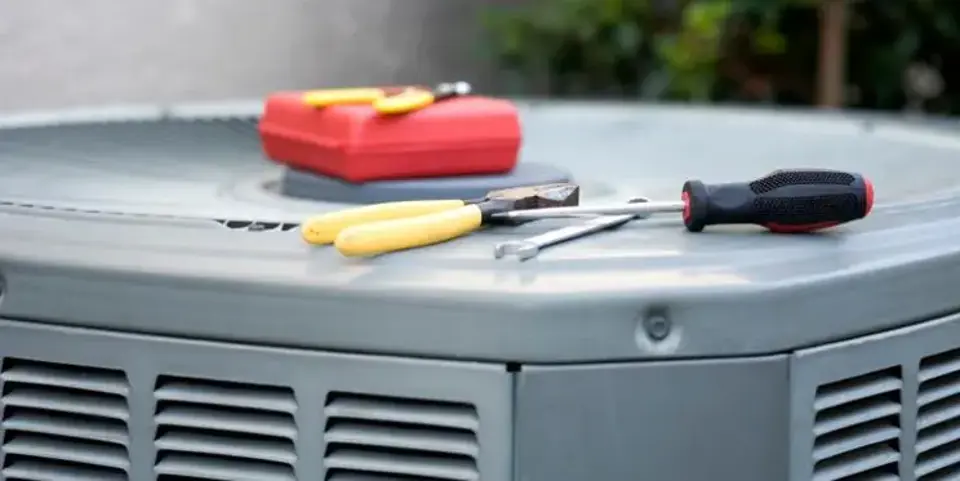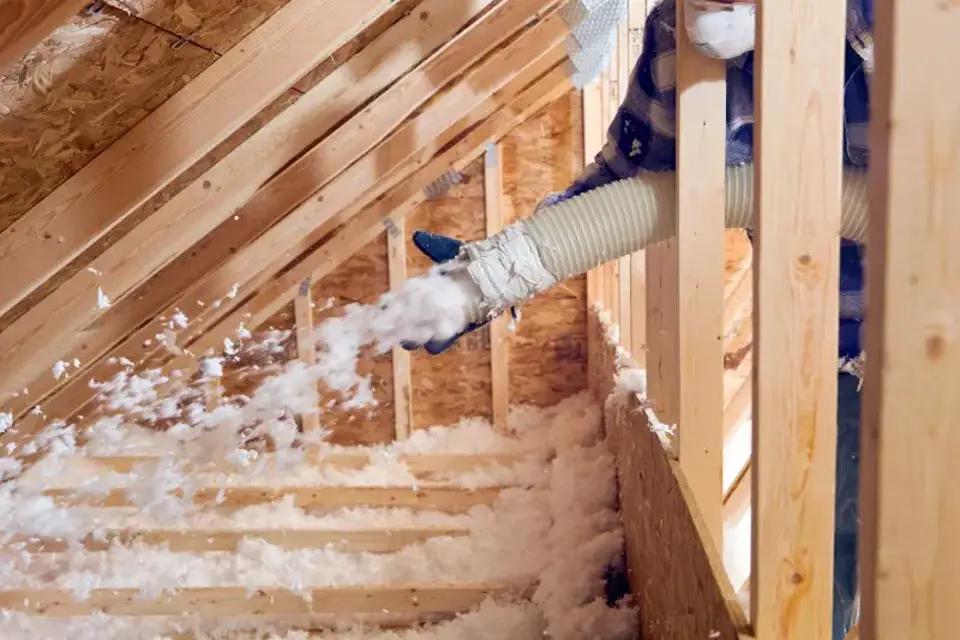
If the stack effect is at work in your home, it’s losing energy, and worse, you probably aren’t even aware of it. With the stack effect, air moves into and out of the house via chimneys, stacks, and other entry points. This phenomenon results from a variation in indoor and outdoor air density caused by temperature differences. As the change in the indoor and outdoor temps become more dramatic, the stack effect gets worse. The end result is that air leaks can jeopardize your home’s energy efficiency, causing your utility bills to skyrocket. Del-Air, leaders in AC service, explain.
Understanding the Stack Effect
In order to appreciate the danger of air leaks, you need to understand how the stack effect works. In winter, the cold air outside has higher pressure and density than inside the home. As a result, the air moves into the home at lower levels through cracks, gaps, and leaks. In summer, the reverse happens, due to the same pressure principles acting in reverse.
The good news is that stopping the effects of this problem is relatively easy. All you need to do is seal the air leaks in your home, and you’ll experience lower energy bills as well as a more comfortable living space.
Where to Seal Air Leaks
Work your way from the top of the house (attic) to the bottom (basement) and seal any cracks you find with caulk. You should use expanding foam spray for larger cracks and gaps. Additionally, you should pay attention to recessed lights, as they offer a direct path for hot or cold air to escape, and also check the spaces around chimneys and flues.
Trust Del-Air to Cut Your Home Energy Costs
Hiring a professional AC technician is recommended if you’ve never had your home’s air leakage examined. Contact our AC service experts at Del-Air today to schedule an appointment with our team. With 300+ trucks at the ready, we can typically have a technician at your door within a few hours of your call. Trust us to keep your family comfortable and your energy costs low for years to come.





